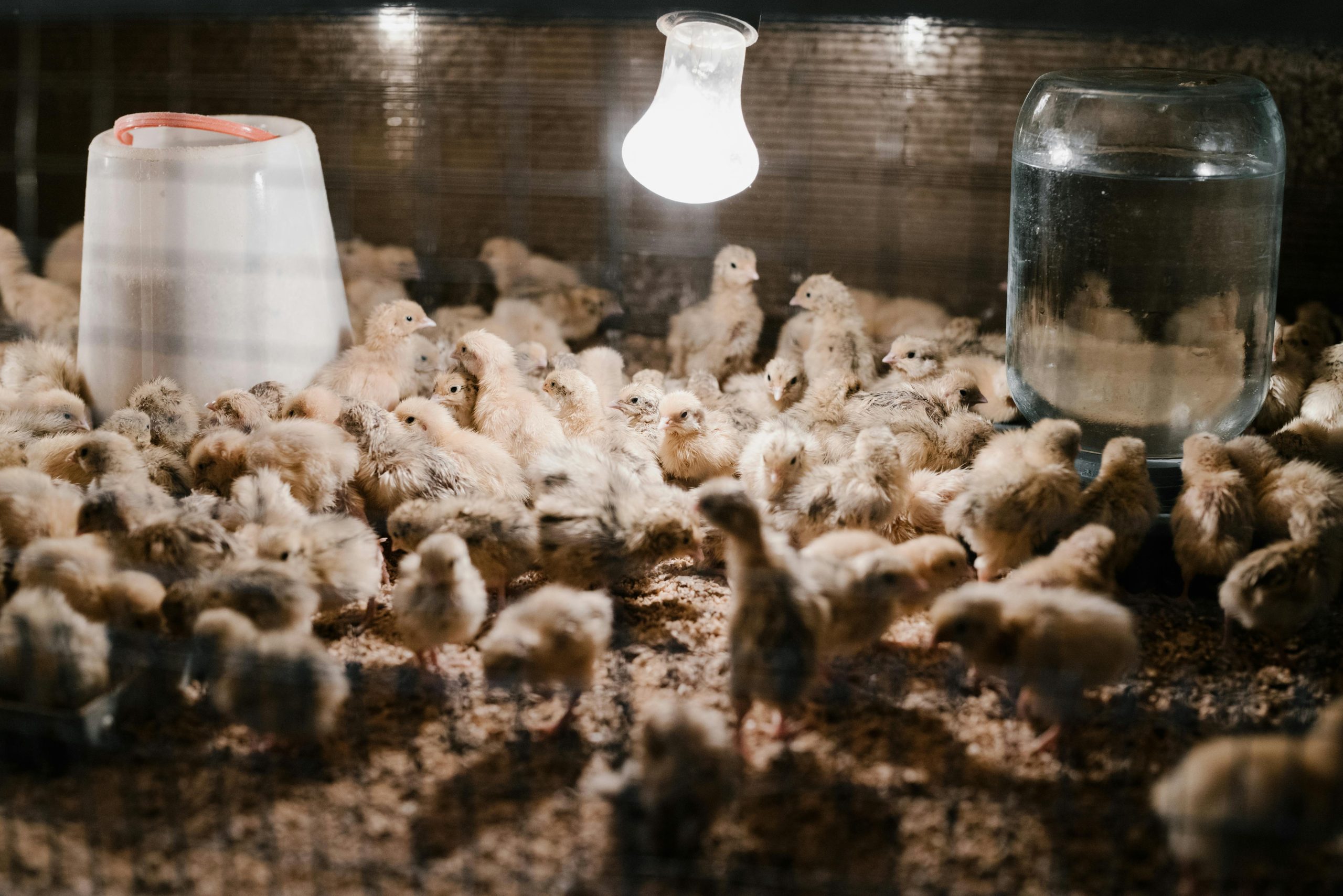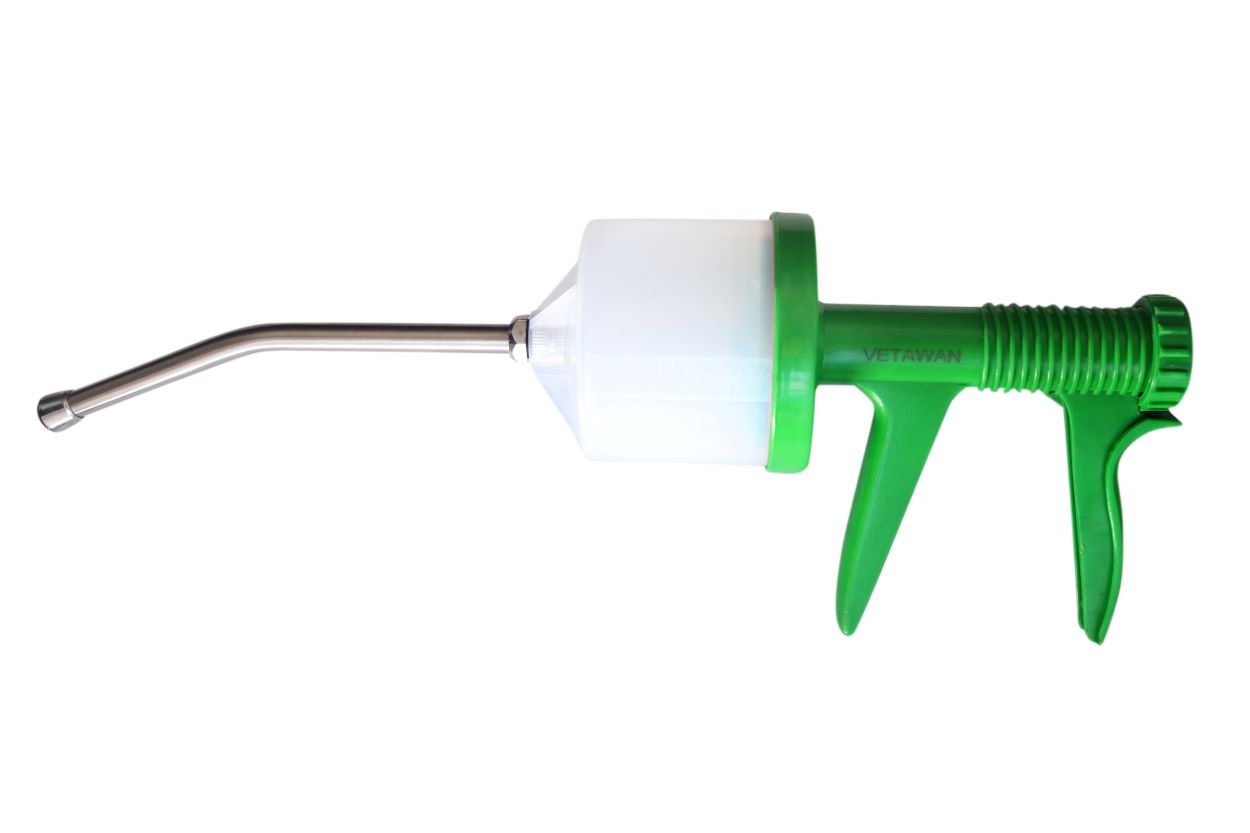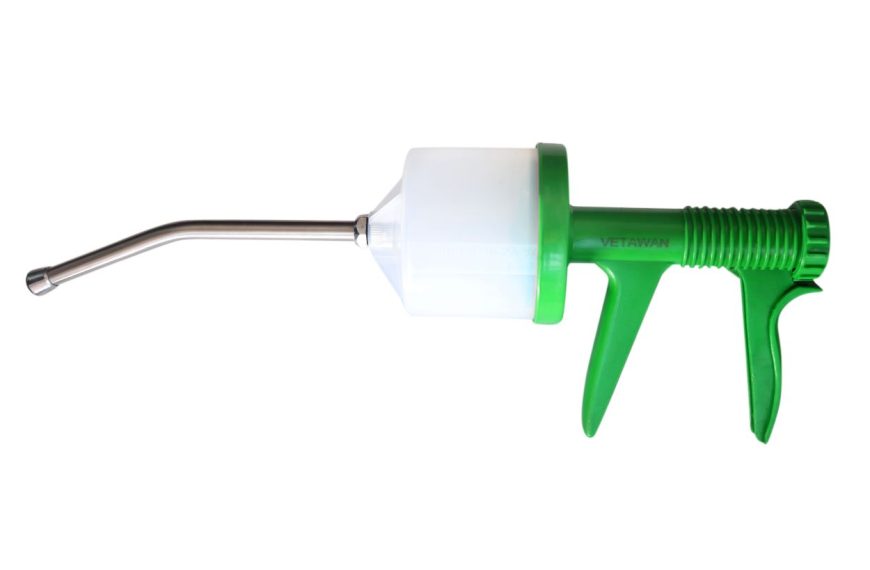Backyard poultry are valuable assets, offering fresh produce, pest control, and fertilizer. However, the cornerstone of their well-being is clean water. In this article, we delve into why clean water is important for backyard poultry and offer you practical tips for its maintenance.
Understanding the Vital Role of Water
Water is indispensable for all living beings, including chickens. It aids in digestion, regulates body temperature, and sustains bodily functions. Consequently, access to clean, fresh water is imperative for the health and productivity of backyard chickens.
Risks of Contaminated Water
Contaminated water poses severe risks to poultry health. It can cause dehydration, bacterial infections, and digestive complications. Moreover, it attracts unwanted pests and predators, such as mosquitoes and rodents, jeopardizing the safety of the flock.
In this case due to their genetic make-up, they need to be fed with more fortified feed to meet their nutrient requirement. More details about the nutrition of both types of chickens will follow in up- coming articles.
Tips for Maintaining Clean Water Supply
Tipp 1: Replace the water on daily basis
Ensure chickens have access to fresh water daily. Change water sources regularly, especially if they become soiled or contaminated.
Tipp 2: Selection of suitable of waterer is extremely important
Opt for easily cleanable waterers made from chicken-safe materials like plastic or metal. Avoid porous materials prone to bacterial buildup, such as wood or certain plastics.
Tipp 3: Make a regular cleaning routine of waterer
Clean waterers routinely with soap and water, followed by sanitization using a bleach solution. Thoroughly rinse and air dry before refilling.

Tipp 4: Take measures to prevent contamination
Elevate waterers to deter contamination from soil or feces. Employ covers or screens to ward off insects and rodents
Tipp 5: Monitor water quality through local lab
Regularly assess water quality to ensure it remains clean and uncontaminated. Test for bacteria and pH levels periodically.
Determining Water Requirements
Daily water needs vary based on factors like age, size, and environmental conditions. Generally, chickens require 0.5 to 1 liter (17 to 34 fluid ounces) of water per bird daily, with increased consumption during hot weather or egg-laying periods.
Observing Water Intake
Regularly monitor chickens’ water intake by checking water levels and observing behavior. Deviations from normal consumption patterns may signal underlying health issues necessitating attention.
Hydration Beyond Water
Supplement water intake with water-rich foods like fruits and vegetables, and ensure adequate shade and ventilation during hot weather to prevent dehydration.
Ensuring Well-being Through Clean Water
In conclusion, prioritizing clean water is fundamental for the health and prosperity of backyard poultry. By adhering to proper water maintenance practices and vigilantly monitoring water intake, you can safeguard the well-being of your flock and promote their thriving.
For further advice and information, please feel free to contact us at:
poultry-expert@web.de








